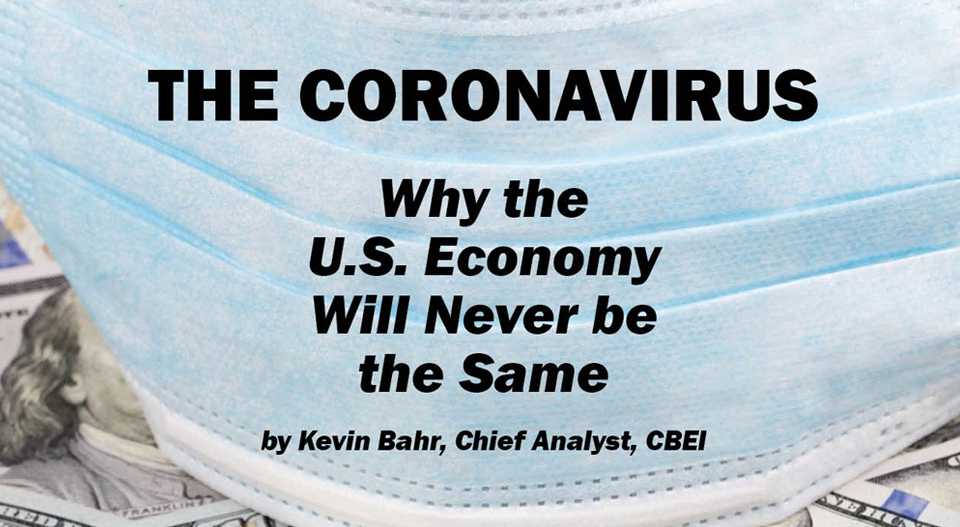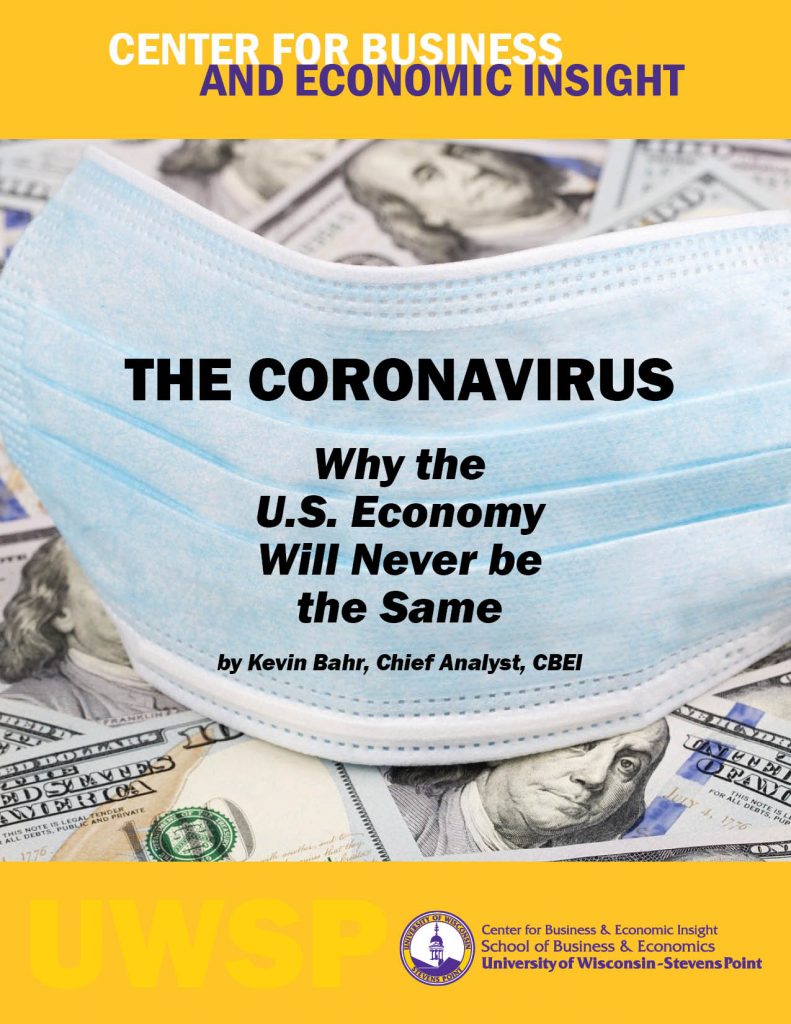
The U.S.-China Economic and Security Review Commission was created by the United States Congress in October 2000 with the legislative mandate to monitor and report to Congress on the national security implications of the bilateral trade and economic relationship between the United States and China. In 2019 the U.S.-China Economic and Security Review Commission held a hearing on the growing reliance of the United States on China’s pharmaceutical products. Important points from that hearing were summarized by the Council on Foreign Relations, an independent nonpartisan think tank that analyzes foreign policy issues. Key points included:
- Chinese pharmaceutical firms have captured 97 percent of the U.S. market for antibiotics.
- More than 90 percent of the market for vitamin C is imported from China.
- In 2018, 95 percent of ibuprofen, 91 percent of hydrocortisone, 70 percent of acetaminophen, and 40–45 percent of heparin used in the U.S. came from China, according to the U.S. Commerce Department.
- In addition, many over the counter and other generic drugs sold in the U.S. are sourced from China, including antidepressants, HIV/AIDS medications, birth control pills, chemotherapy treatments, and medicines for Alzheimer’s disease, diabetes, epilepsy, and Parkinson’s disease.
- Key drug imports from India include antibiotics, painkillers, hormones, antiviral drugs, and vitamins B1, B6 and B12.
Speaking of sourcing from China, ventilators were needed and in short supply as the coronavirus took hold in the United States. China became increasingly important as a supply source for ventilators. China is also the world’s largest producer of medical face masks. According to the BBC, normally China produces around twenty million masks each day, which is estimated to be around half of all masks made globally.
Going forward, the supply chain of medical products and pharmaceuticals will likely (and should) change as a result of the coronavirus. The extreme dependence on China for antibiotics, select drugs, and medical products can be problematic on multiple fronts. First, heavy reliance on sourcing from a single country, no matter which country, is problematic if that supply chain is broken due to a pandemic or natural disaster. Second, heavy reliance on sourcing from a country which has been the focus of a trade war with the United States can create problems, particularly when products sourced are needed medicines and medical supplies.
That being said, there are reasons why the supply chains were established the way they were. Usually cost plays a big factor. Changing the supply chains to include more U.S. and near-shore sourcing could impact costs – and consequently prices. Nonetheless, sourcing needs to and likely will change. Multiple options for product sourcing and multiple country options for sourcing can lessen the probability that disruptions to supply chains will occur, no matter where the next pandemic or natural disaster originates. It would also provide a quicker response to any national emergency where additional medical supplies were needed.
For further information:
- From the U.S.-China Economic and Security Review Commission: Exploring the Growing U.S. Reliance on China’s Biotech and Pharmaceutical Products
- From the Council on Foreign Relations: Council on Foreign Relations – Coronavirus Could Disrupt U.S. Drug Supply
CBEI Blog Series: The Coronavirus – Why the U.S. Economy Will Never be the Same
Part 1: What Happened – A Review of the Economic Impacts
Part 2: What Happened – A Review of the Stock Market
Part 3: What Will Change – Supply Chains
Part 4: What Will Change – Healthcare
Part 5: What Will Change – Deficits and Government Spending
Part 6: What Should Change – An Appreciation for Service Sector Workers
Part 7: What Should Change – Securities Regulation of Congress

Kevin Bahr is a professor emeritus of finance and chief analyst of the Center for Business and Economic Insight in the Sentry School of Business and Economics at the University of Wisconsin-Stevens Point.

